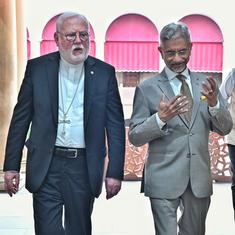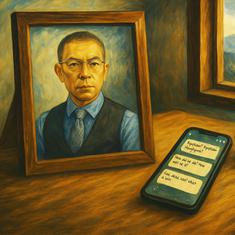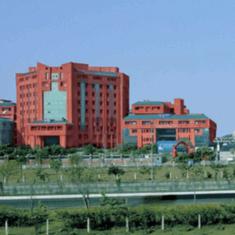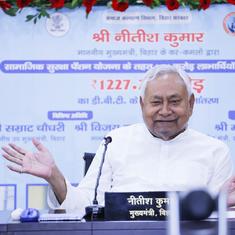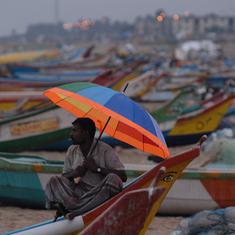Watch: Working too much? It’s more dangerous than you think
In Japan, death from overwork is becoming so common that they even have a name for it: ‘Karoshi’.
Japan has, for the last many years, been talked about as having the worst standards for working hours among advanced nations. The work conditions there are so bad that Japan has an incredibly specific term for it – “karoshi”, which means death by overwork.
The Japanese government has gone on record to state that one in five workers is at risk of death from overwork. Japan has no legal limit on working hours, which means the workers are literally killing themselves in the name of hard work. Even so, many employees don’t even make minimum wage.
The country’s labour ministry recognises two types of “karoshi”: death from cardiovascular illness linked to overwork, and suicide following work-related mental stress. More than 2000 such cases were reported in 2015, with the number rising every year. Hiroshi Kawahito, secretary general of the National Defense Counsel for Victims of Karoshi, told Reuters that the real number was probably 10 times higher. “The government hosts a lot of symposiums and makes posters about the problem, but this is propaganda. The real problem is reducing working hours, and the government is not doing enough,” he said.
In spite of a law implemented in 2014 to reduce karoshi deaths, the problem continues to persist, increasing among women as well. The labour ministry data shows that work-related suicides are up 45% in the past four years among those aged 29 and younger, and up 39% among women.
This has led to many tragic incidents, such as the death of Matsuri Takahashi, who committed suicide because of being overworked. She posted her despair on Twitter before her death, in tweets like, “I’m physically and mentally shattered”, and “Perhaps death is a much happier option.”
In March, a panel headed by the country’s prime minister, Shinzo Abe, announced a plan declaring a ceiling of 100 overtime hours in a month. As expected, the announcement was met with widespread outrage and deemed “tantamount to endorsing a limit that could cause overwork deaths.”


